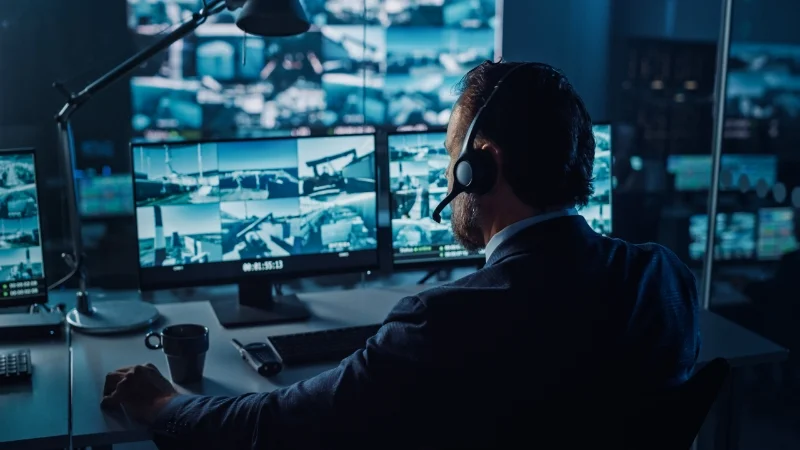Every executive and high-profile individual knows that threats, however unlikely they may appear, are always a possibility. When you’re constantly in the spotlight, personal safety becomes a top priority, making the presence of a close protection specialist nonnegotiable. But how many professionals does it take to keep you safe?
Unfortunately, there’s no one-size-fits-all answer. However, several key factors can help you determine the optimal number of security specialists for your unique needs.
The type of business or client profile
Your line of work carries its own specific set of risks, and each scenario demands a different level of security. For instance, a public-facing executive in a controversial industry (such as energy, biotech, or defense) may require a larger team due to the risk of protests, online threats, or even corporate espionage. Meanwhile, a luxury brand ambassador attending a controlled, invite-only event might be fine with a smaller, more discreet team.
Event format
The type of event directly shapes your protection needs. Seated dinners require different coverage than walking tours, and a Q&A panel in a closed auditorium is far easier to secure than a red carpet event with countless media personnel. If you’re expected to mingle with the public, sign autographs, or make a speech, additional protective layers become necessary since these activities can increase the risk of unwanted attention.
Location and environment
Where your event takes place plays a major role in determining how many protection specialists you’ll need. Urban settings demand larger teams due to crowd density, multiple access points, and traffic unpredictability. In contrast, a secluded estate offers more control, but the isolation means you’ll need four to eight team members on rotating shifts to manage perimeter security and emergency response.
Outdoor venues and international locations come with added variables. A sprawling open-air event may need one specialist for every 7,000–10,000 square feet plus mobile patrols. Meanwhile, overseas assignments often require doubling the domestic team size to handle local intelligence, language barriers, and legal logistics. The bottom line: the more complex or remote the environment, the more coverage you’ll need to stay protected.
Crowd size and demographic
Larger events tend to be less predictable as the attendee count increases. A small group of trusted business partners presents lower risk compared to a venue holding thousands of unfamiliar attendees. Events with 500 or more attendees might already require layered security, with some security personnel managing immediate proximity (close protection) while others monitor access points and scan crowds for behavioral anomalies.
The demographic and profile of the individuals you’ll be engaging with also matter. Having high-level political figures, media personalities, or even former adversaries at the same event, such as during a peace summit, can shift the threat dynamic significantly and warrant heightened security measures.
The presence of alcohol
Events serving alcohol increase the likelihood of erratic behavior, accidental breaches of personal space, and poor decision-making among guests. For example, a corporate celebration at a luxury hotel bar may warrant a higher ratio of protection personnel to manage inebriated guests who could become rowdy and violent.
Roles of security specialists
Depending on the risk profile, nature of the event, and overall complexity of the assignment, multiple team members with distinct roles may be required to ensure adequate protection. Some potential roles within a protection team include:
- Perimeter security: Officers stationed at entrances, exits, and boundaries to manage access and detect suspicious activity
- Patrolling guards: Mobile team members circulating throughout the venue to maintain presence and respond to incidents
- Transportation security: Personnel responsible for route planning, convoy driving, and vehicle security
- Surveillance operatives: Specialists monitoring CCTV feeds, gathering intelligence, and analyzing potential risks in real time
- Body search and screening: Professionals assigned to guest check-ins, using metal detectors or pat-downs to intercept weapons or contraband
Each role plays a distinct part. Skimping on one area can create a vulnerability in the entire protection strategy, so it’s important to have a well-rounded team with clear communication and collaboration channels.
Aspis Protection Services builds intelligent, adaptive security teams designed around your needs. Our experienced executive protection specialists work discreetly and efficiently to keep you safe, wherever you are. Contact us today to talk strategy.
